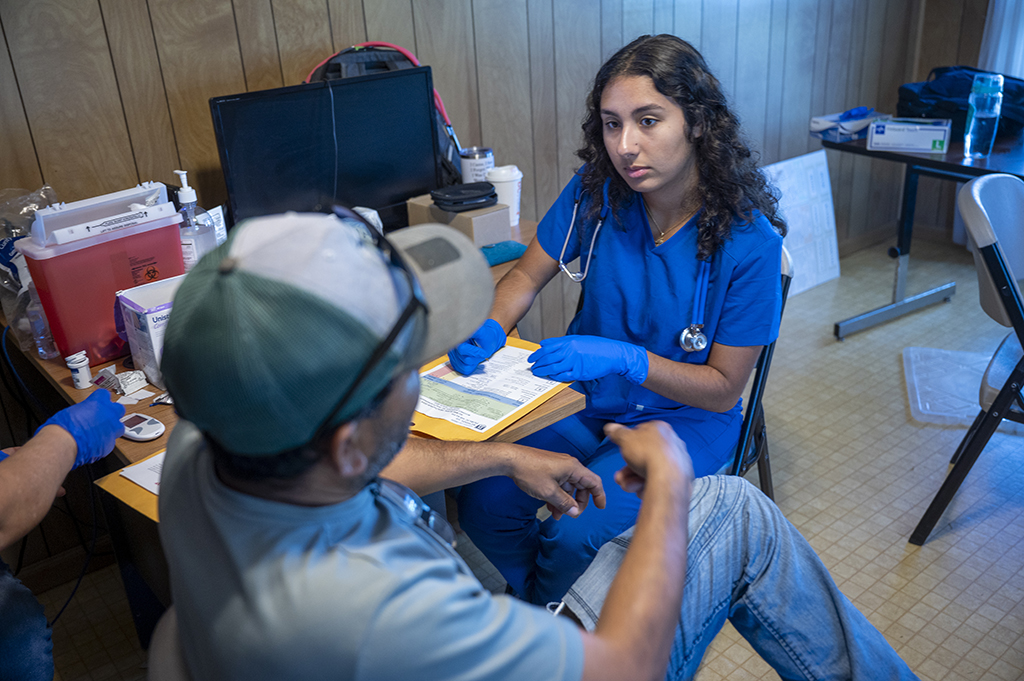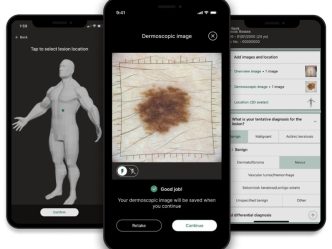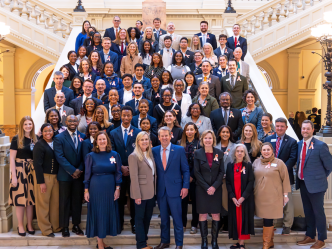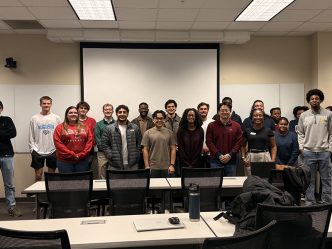Jessica Lynn Stewart, PhD, is always excited when she gets a chance to represent Augusta University within the community.
For the past four years, Stewart, an assistant professor with AU’s School of Public Health’s Department of Community and Health Behavioral Sciences, has served as event coordinator for the AU-McCorkle Nurseries, Inc. (MNI) Rural Health Fair in Dearing, Georgia.
“I’m an extension, this is my community, too. I’m not just here serving them, but I’m part of it, as well,” she said. “I think a truly sustainable approach to any kind of care in a community and what that says to the people here, just have the confidence that we’ll keep showing up, and that we keep collaborating. I think that’s the bigger message than anything is that they see the same people out here every year.”
Every year, more than 150 migrant workers are screened by volunteers from the Medical College of Georgia and the MCG Foundation, Georgia Cancer Center, College of Allied Health Sciences’ respiratory therapy and Master of Public Health programs, and Georgia Department of Public Health. Community partners included the Piedmont Health mammogram van, Shepeard Community Blood Center, Augusta Locally Grown and the Hub for Community Innovation.
Skeetter McCorkle, president and CEO of McCorkle Nurseries, Inc., said he was encouraged with the participation of his team and the group of volunteers that participate in keeping his employees healthy.
“Jessica is a great person to work with us, and to see this blossom into full bloom now is really great and tribute to her work,” McCorkle said. “I’m excited the employees are taking advantage of this because it’s comprehensive. It covers such a broad range of health-related opportunities, and it’s an exposure that our team can get and many in the neighborhood can get their families that will help them be healthier.”
McCorkle also said the emphasis AU is putting on its community outreach is a win-win for everyone involved.
“The way I look at it, to be able to get their team out and have a chance to learn along with our people, we’re all benefiting from that process.”
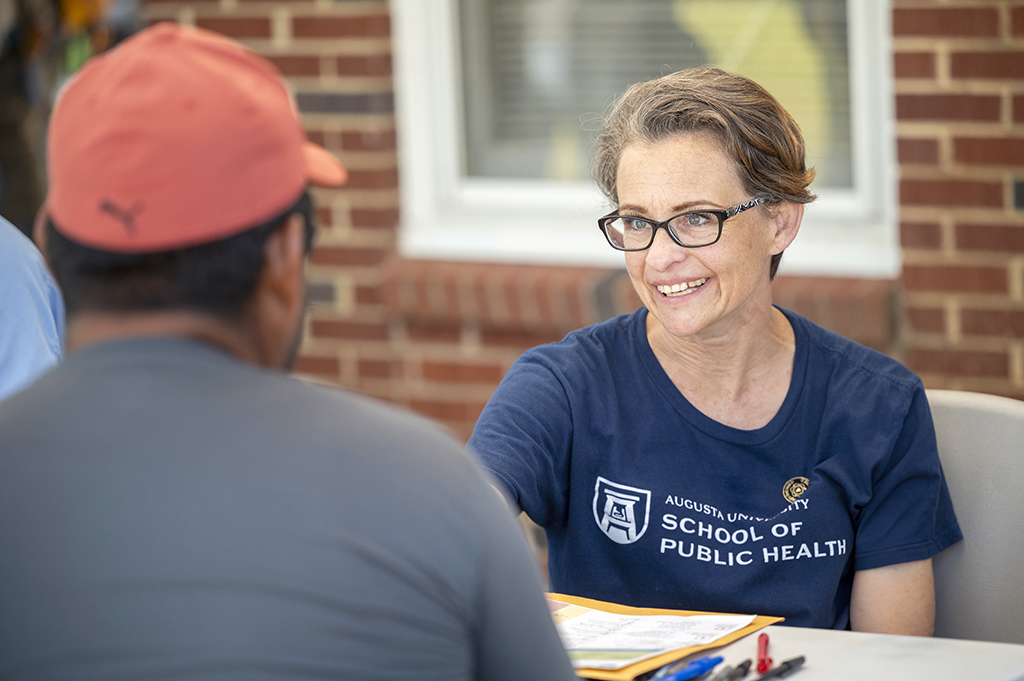
Chris Truelove, an assistant professor of respiratory therapy, said opportunities such as AU-MNI and Costa Layman Health Fair continue to show faculty and students that their presence is needed as respiratory therapists since they don’t have many chances for outside exposure.
“A lot of times we work mostly in the hospital and in the [intensive care units]. Getting out into the community and being able to interact with patients who’ve been involved in some of these things is always great because we always find some individuals who are at risk for sleep apnea or other pulmonary complications that may not have known if they didn’t come to these health fairs,” he said.
Truelove brought seven students to put their classroom experience to actual work while letting them experience things like learning how to communicate with patients.
“Live work is fantastic because this is one of the only times they’ll be able to do some of these tests in a public setting as opposed to in the lab. The added benefit is they have to work as a team, working with an interpreter because most of our students don’t speak Spanish,” he said. “It’s a great application to the techniques that we’ve learned in class.”
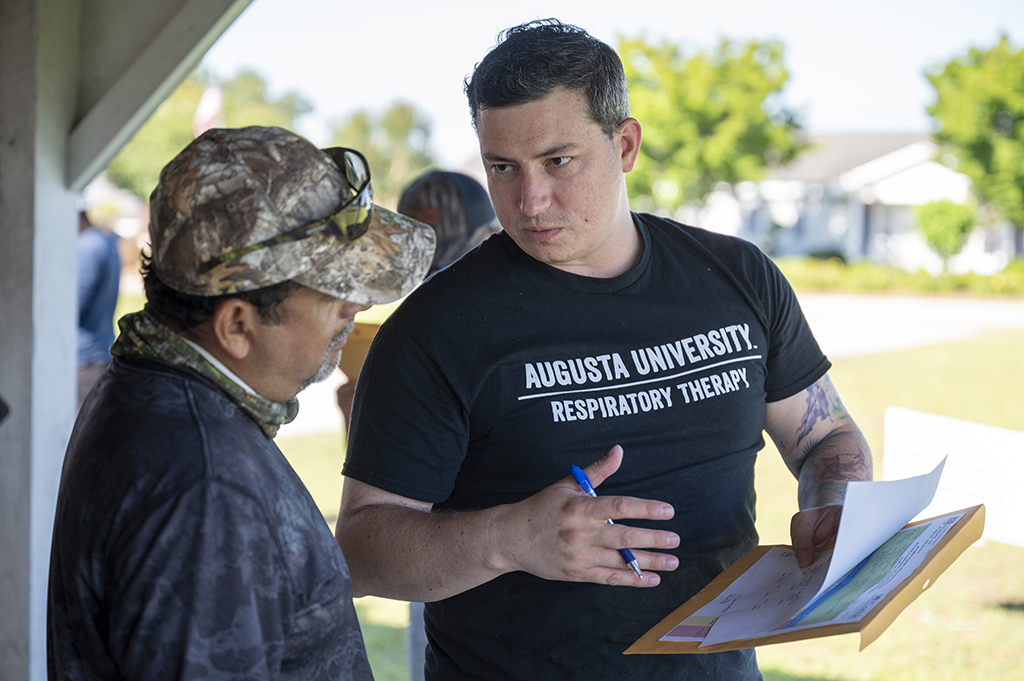
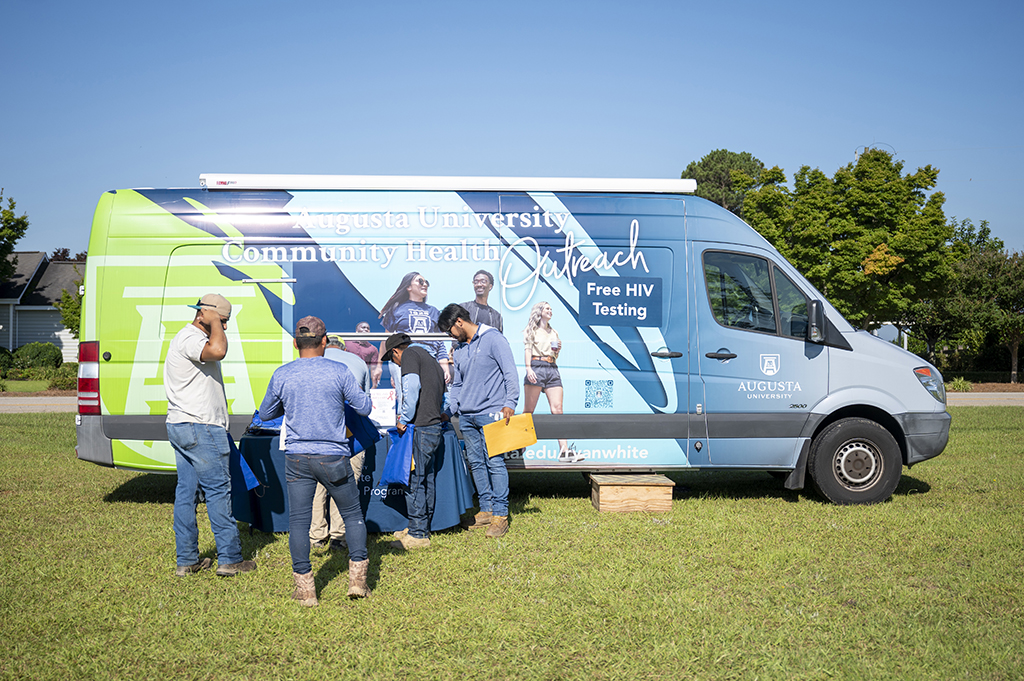
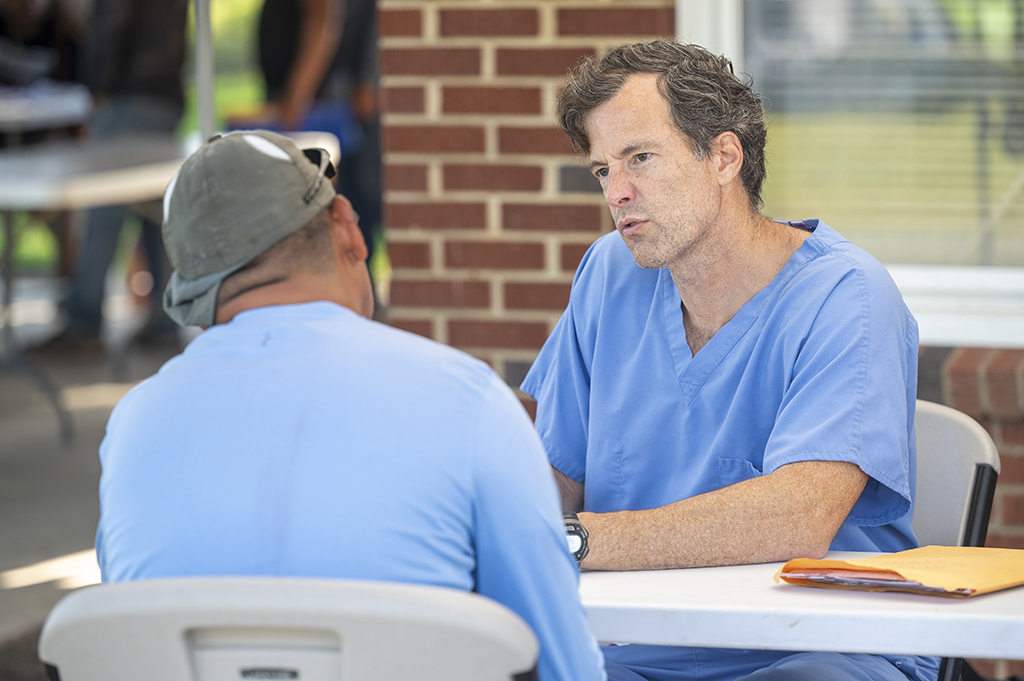
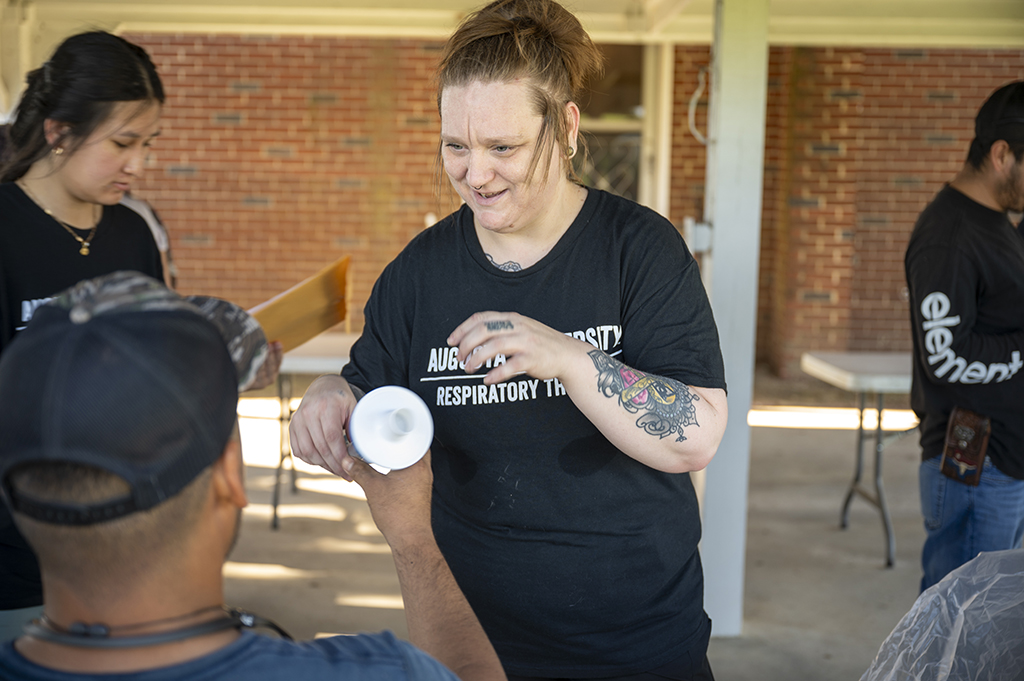
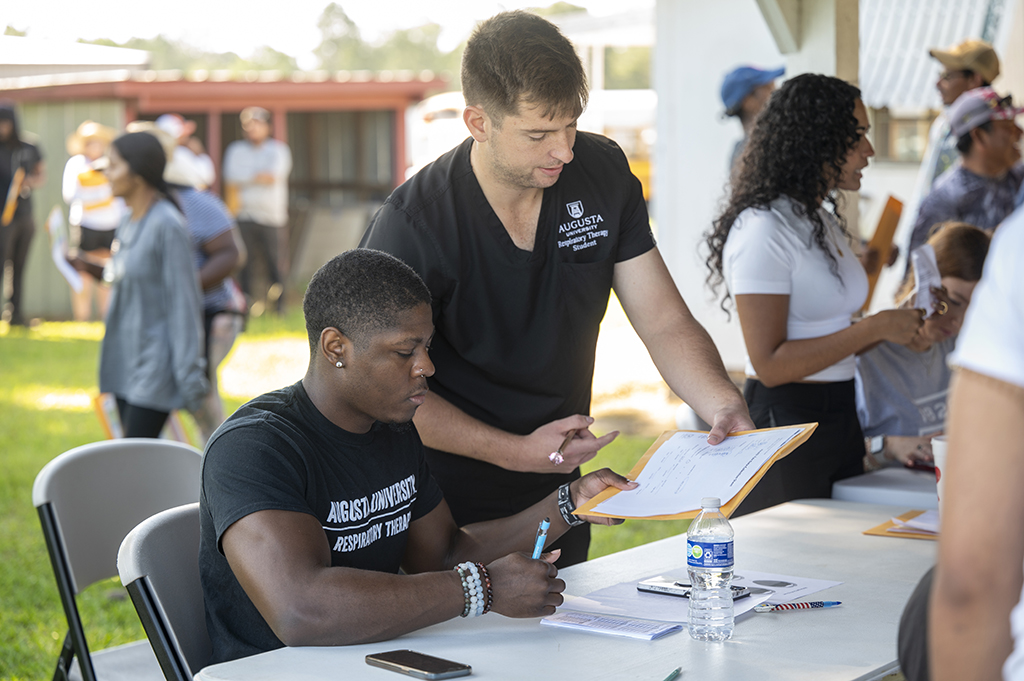
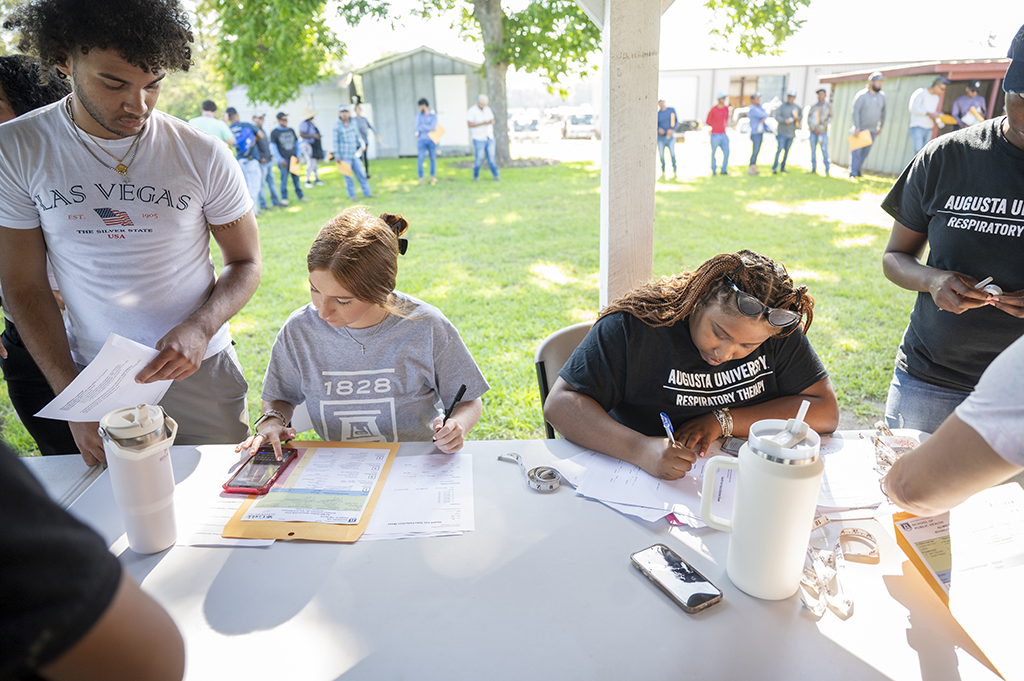
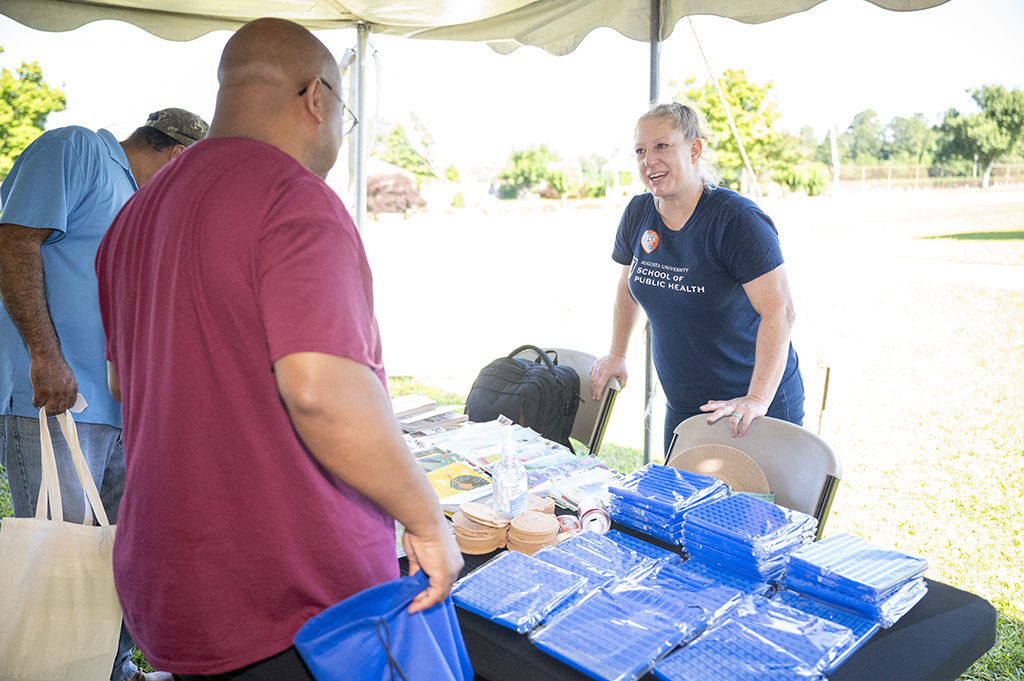
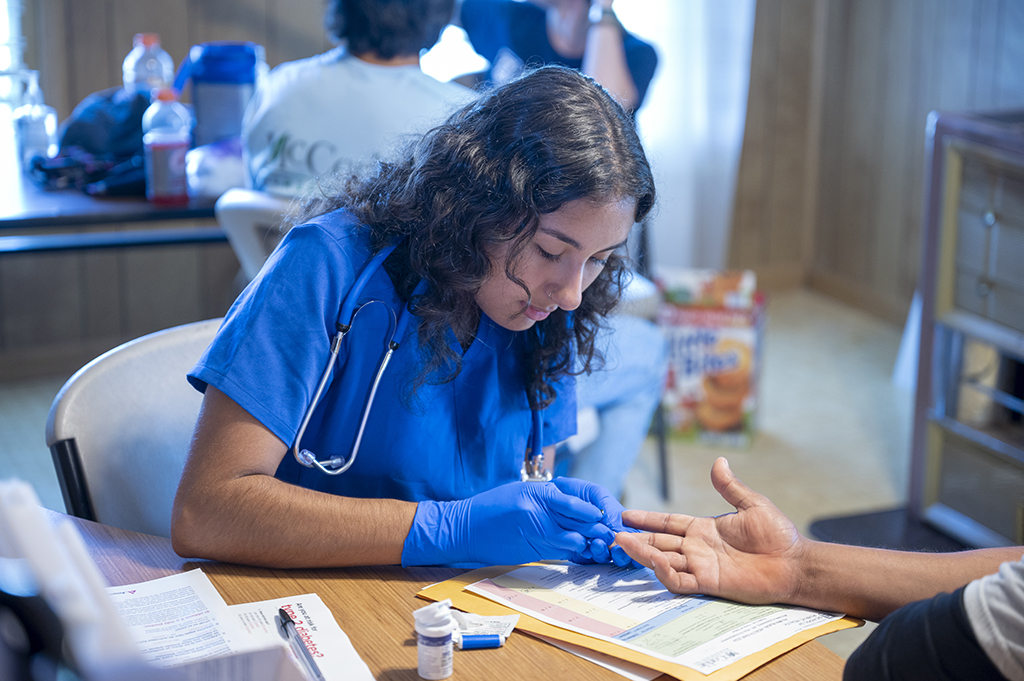
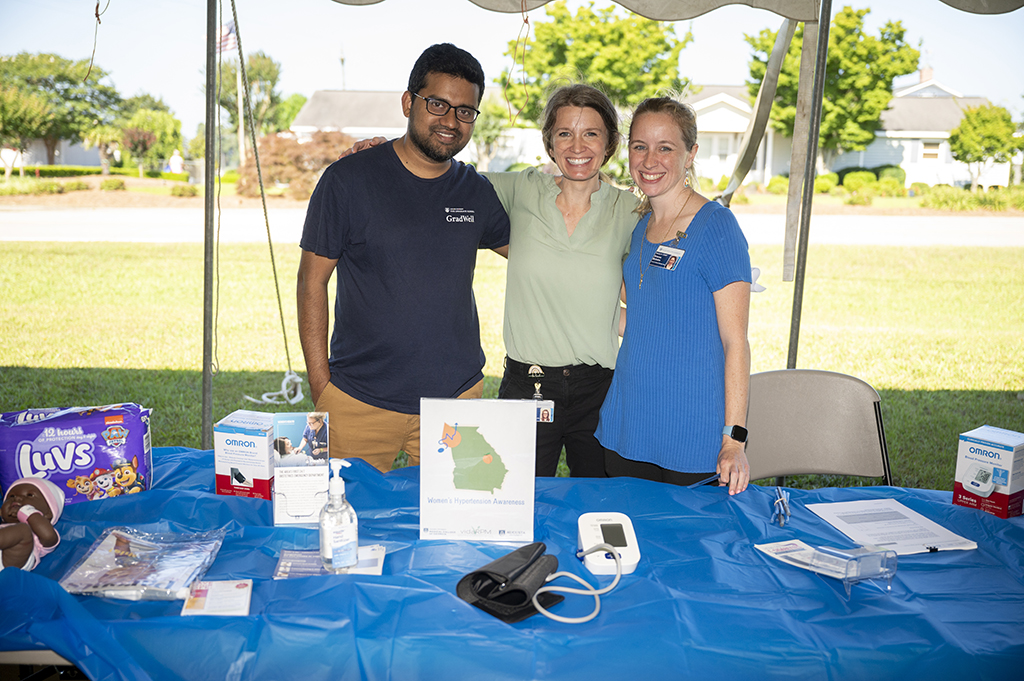
Grayson Goodwin, a junior respiratory therapy student, said he enjoys these opportunities because it enhances his learning while broadening his horizons. He believes the college does a great job of providing students with a chance to volunteer in the community while also preparing them for their selected professions.
He said one thing that struck him about his first AU-MNI experience was which part of the community they were serving and knowing they’re being taken care of.
“You know, that’s what makes your heart feel good and gives you a sense of purpose,” he said.
Stewart is grateful for the support the health fair has received over the years and looks forward to seeing it continue to grow in the years to come.
“I think that whenever we talk about community-based, participatory research or when we talk about community engagement and sustainability, we need community partners, and community partners mean that it’s not just mutually beneficial, but it’s mutually respectful, that we not only talk to each other but that we understand where people are coming from and what their needs are.”
 Augusta University
Augusta University
